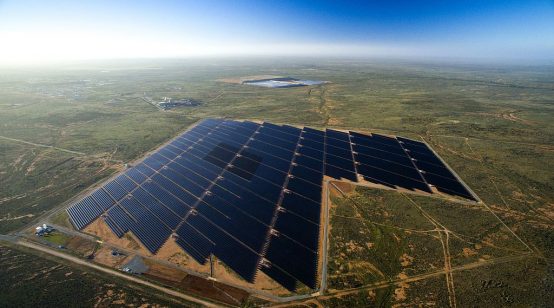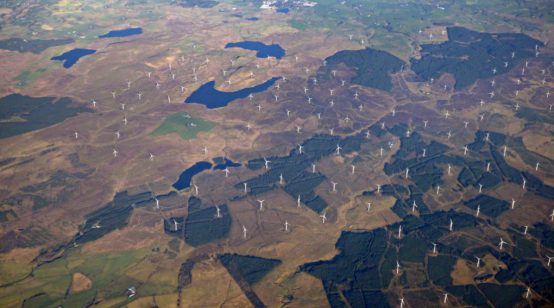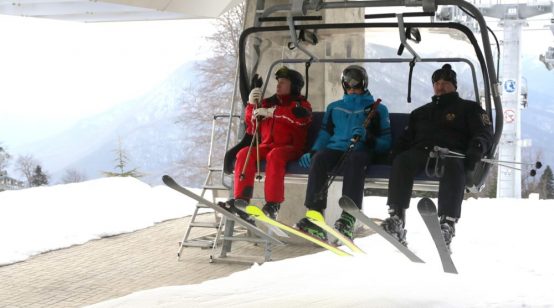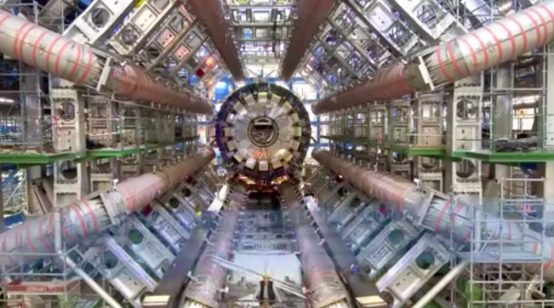State-run EDF (Electricite de France) said its project to build a new nuclear reactor in Flamanville would be delayed by at least three years because of eight welding problems reported by the watchdog, the French Nuclear Safety Authority.
Chief executive Jean-Bernard Levy said: “The time that we will need to prepare the repairs, carry out the repairs, test the repairs and get everything checked and then have the whole plant tested again and prepared to be launched, that will lead to delays of more than three years. So I don’t think it’s possible to commission it before the end of 2022.”
The 64-year-old said the utility had coped well with the recent hot weather. Despite power demand in July hitting a record of 60 gigawatts, EDF was able to provide sufficient power in France and still export surpluses.
EDF’s first-half revenues were up 4.3 per cent to €36.46 billion, it said.
The utility added that its first-half earnings were little changed from a year earlier as favourable market conditions in France and a “very strong performance” at its trading arm offset the impact of a price cap in the UK and prolonged outages at some nuclear power stations.
EDF is, however, losing customers in France to powerful rivals such as Total.
The Flamanville reactor (pictured) was due to be operational by 2012 at a cost of €3.3 billion, showcasing a European Pressurised Reactor. Levy announcement of another delay of “more than three years” is particularly lengthy. The end of 2022 is now the earliest start date with the project costs already exceeding €10.9 billion.
The new delay means that this will almost certainly have to be revised upwards.
The group is leading the project to build two similar reactors at Hinkley Point in Somerset for £19.68 billion.
Flamanville is the prototype for Hinkley Point C.
EDF and the Chinese authorities are building the site in return for a 35-year contract to charge UK consumers an index-linked, guaranteed £92.50 per megawatt-hour, which is twice the wholesale price. EDF’s sister project, at Olkiluoto in Finland, has presented similar problems.
Nuclear accounts for 20 per cent of Britain’s energy needs but its costs keep rising while those of wind, solar, battery power and carbon capture are falling. Renewables do not involve any danger or require costly clean-up.
EDF finances
Earnings before interest, taxes, depreciation and amortisation rose 0.1 per cent on an organic basis to €8.35 billion, while net income excluding one-time items declined 19 per cent to €1.40 billion amid rising financial expenses, depreciation and amortisation.
Flamanville. Picture credit: Wikimedia





